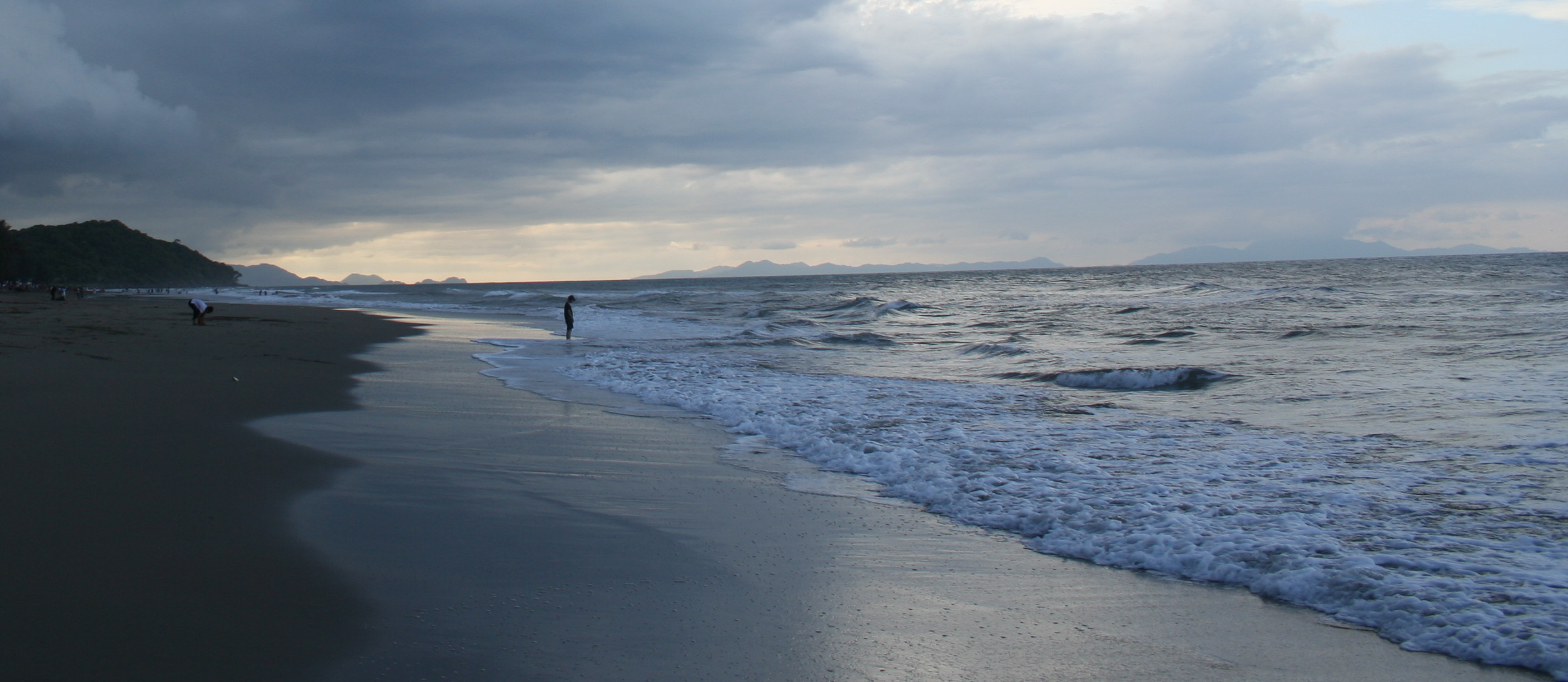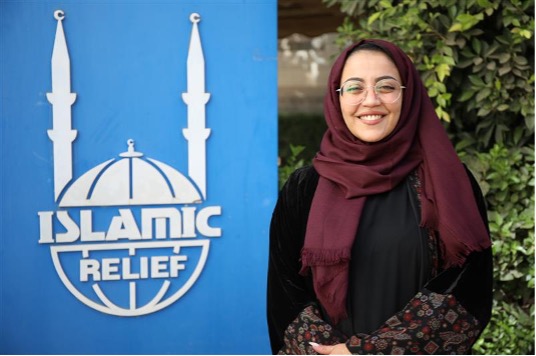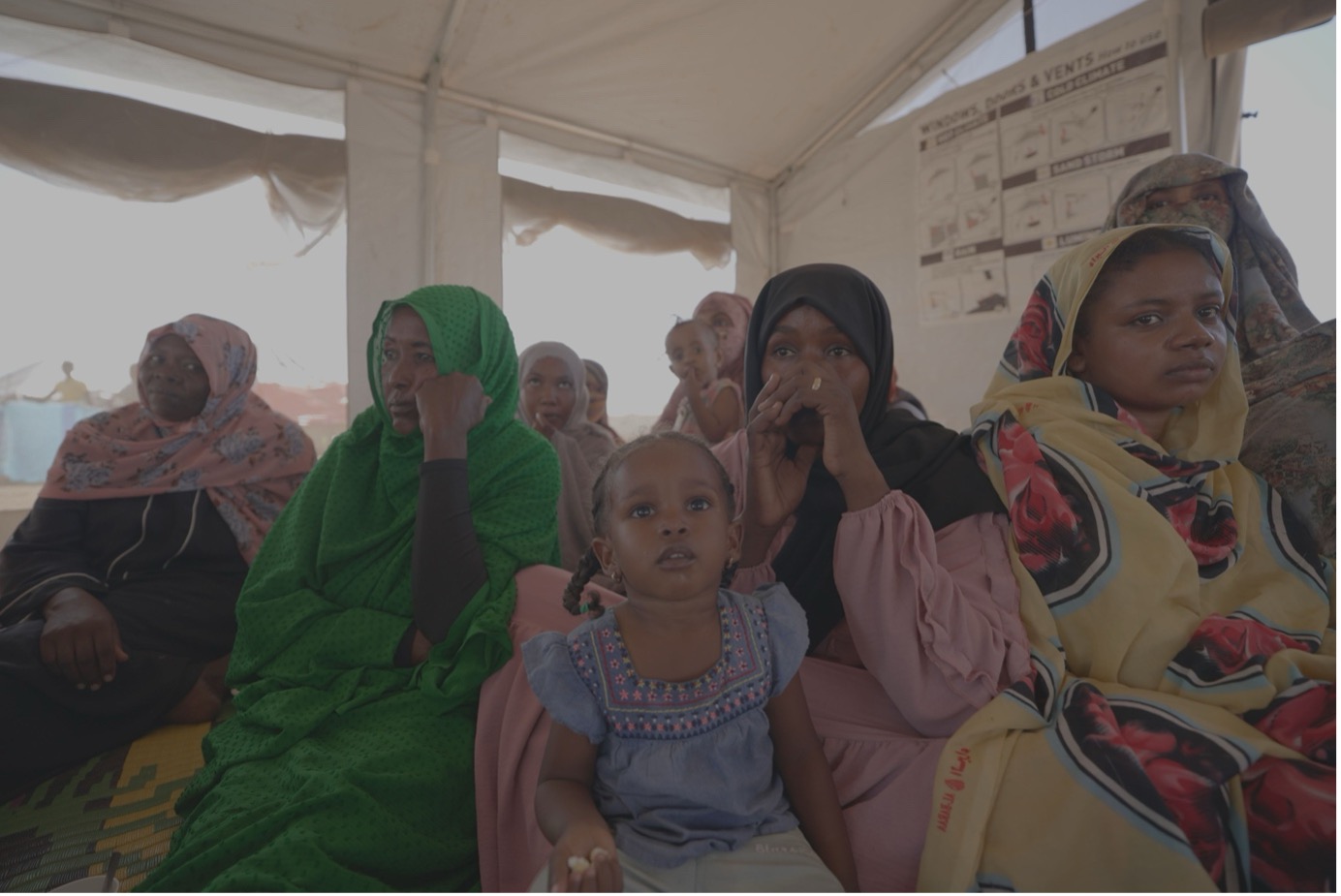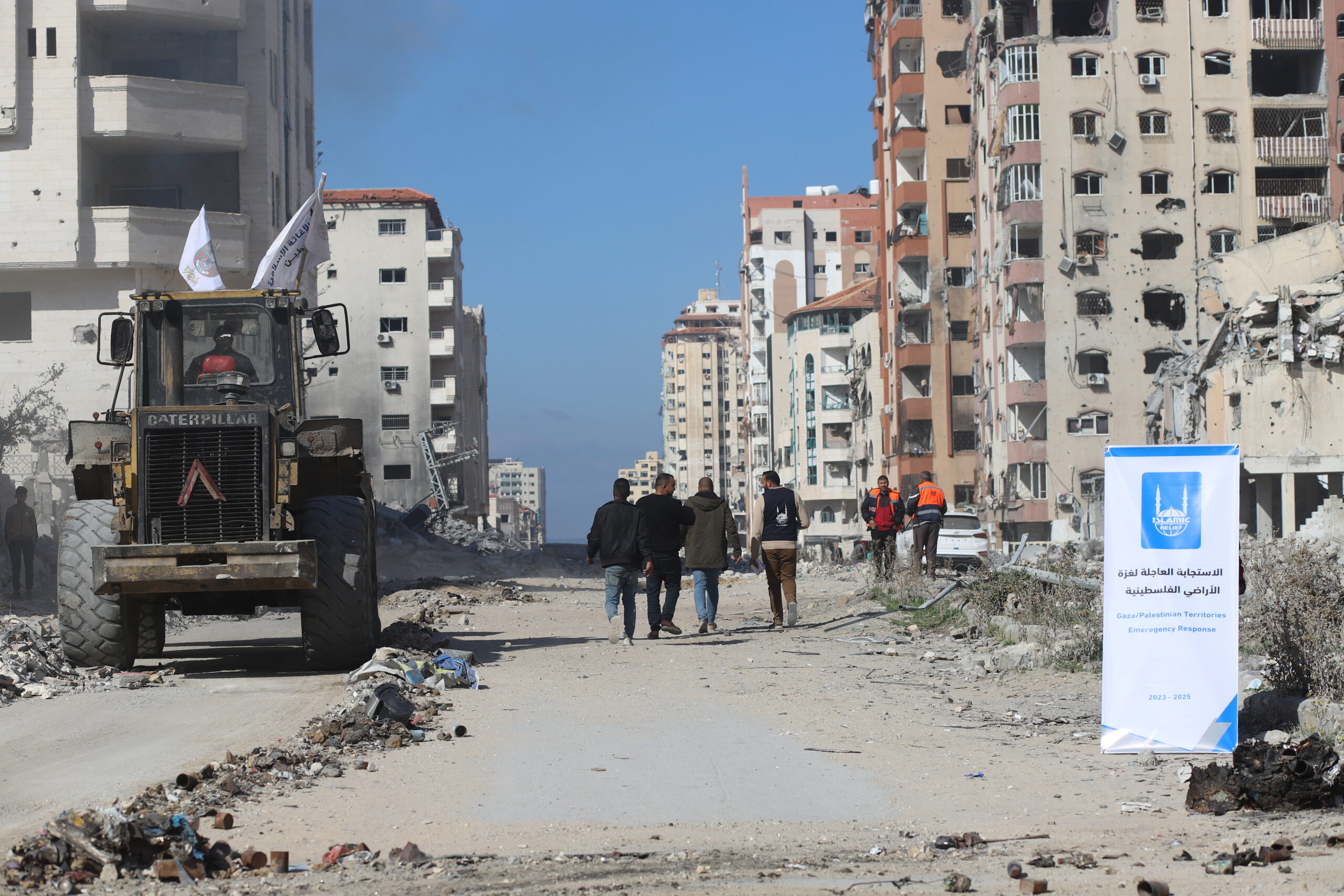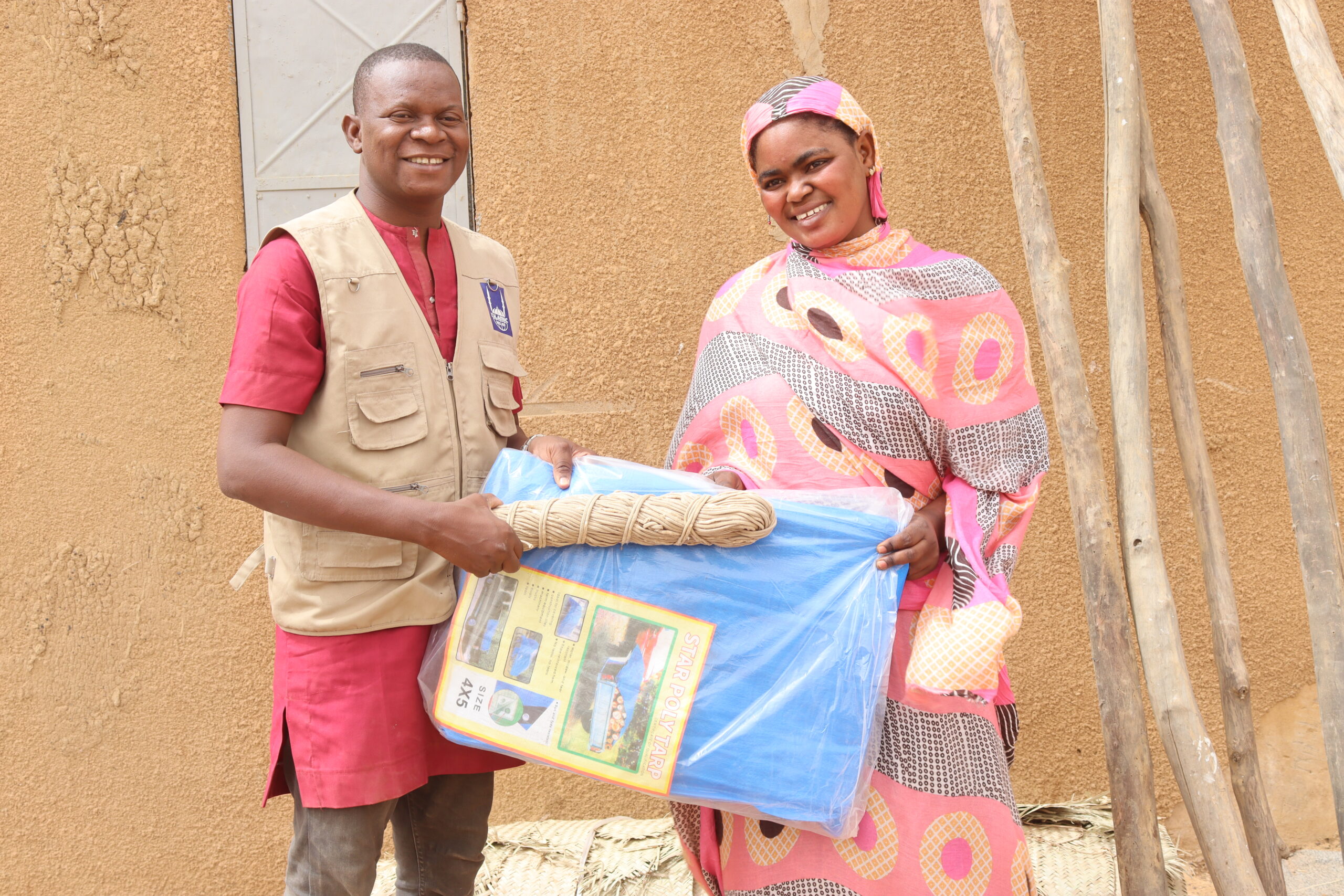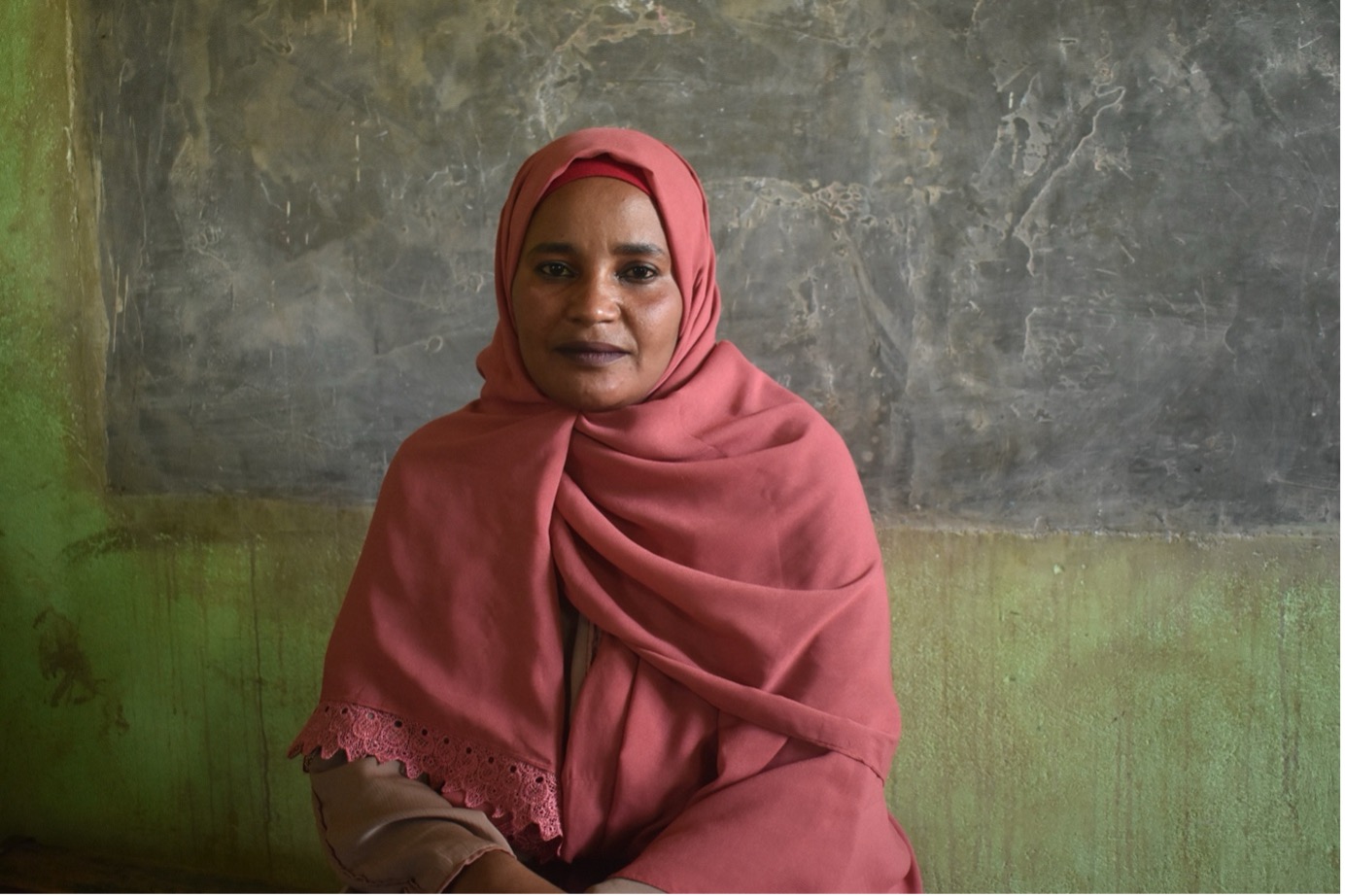This month marks 20 years since an unprecedented humanitarian catastrophe in Indonesia. One that claimed the lives of around 230,000 people. And it forever changed the lives of many more.
Early in the morning of 26 December, one of the most powerful earthquakes ever recorded sent huge tsunami waves barrelling into coastal communities around the Indian Ocean. And it went as far away as the East African coast.
Homes were swept away in an instant. Livelihoods erased. Families separated. Many never reunited.
Few humanitarian organisations had experience responding to tsunamis at that time. While many of those directly affected had no idea such a disaster was even possible. That is, until they saw the tsunami with their own eyes.
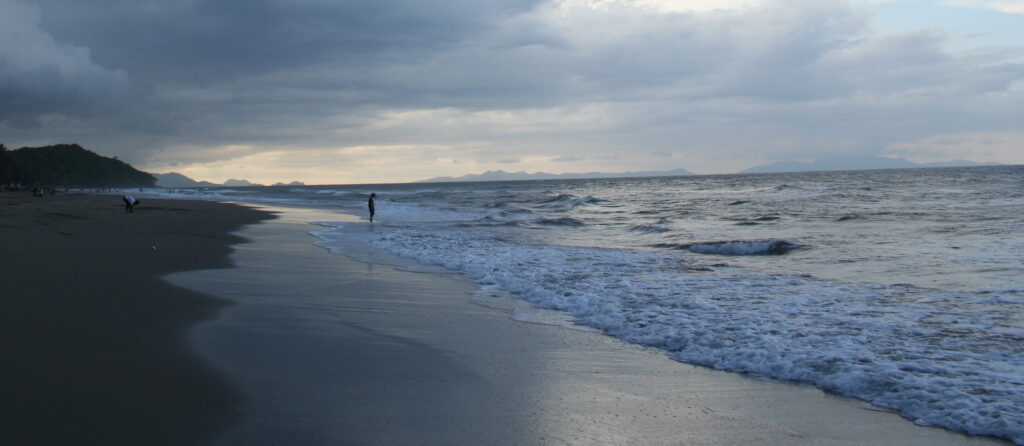
Islamic Relief was in Indonesia’s Aceh province – the worst-hit area – the day after the disaster struck. We responded to the massive needs of displaced people by distributing food, water and other essentials. As time passed, we built new homes, schools, and healthcare centres to support the communities on their journey to recovery.
At the same time, we launched operations in Sri Lanka, responding to the mass devastation caused by the disaster there. Our livelihoods program supported fishermen and others who had lost everything. Helping them take their first steps on the long road to recovery.
And the road has been long.
Indonesia and Sri Lanka’s recoveries have been remarkable. However, they would not have been possible without the incredible tenacity of survivors and the tremendous generosity of donors, since 2004 and beyond. This is what allowed Islamic Relief and other agencies to stand by the sides of communities. Allowed us to support them to piece shattered lives back together, no matter how long it took.
Lives in Indonesia forever changed
The disaster changed individuals, communities, and entire countries forever. It prompted new legislation around disaster management, preparedness, and risk reduction and changed the way buildings and even entire cities were built. The humanitarian sector also changed, and it too began placing more emphasis on preparing for disasters before they happened.
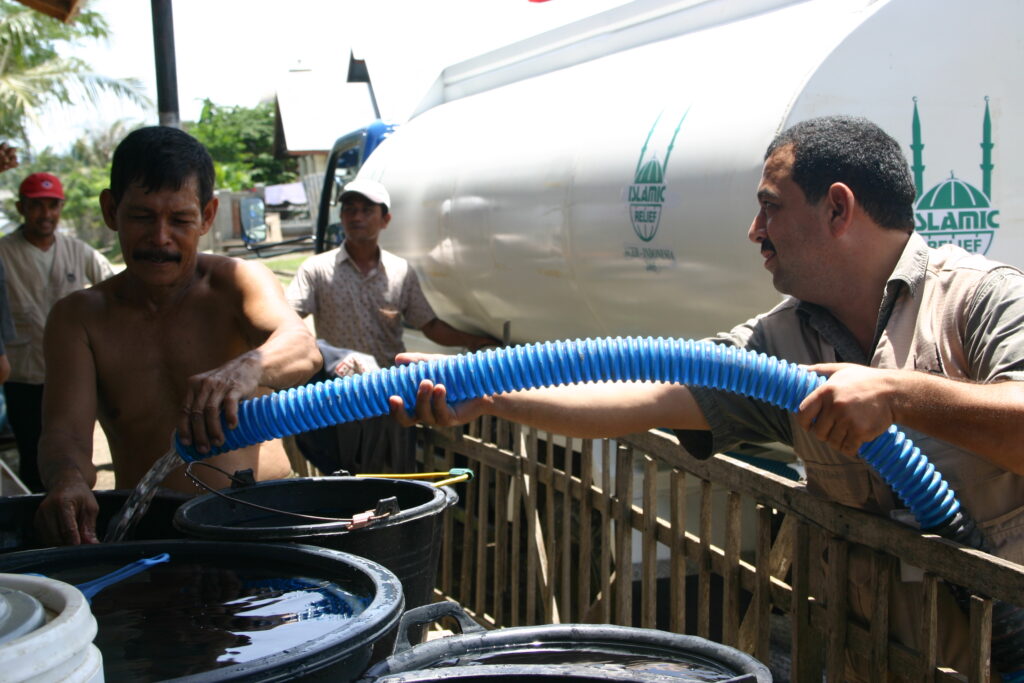
In Aceh today, Islamic Relief is working with local government to build new homes for vulnerable families, and supporting orphaned children towards a brighter future through our Orphan Sponsorship Program.
The program is also changing young lives in Sri Lanka, where Islamic Relief’s other work includes running seasonal food distributions, programs to improve communities’ access to clean water and livelihoods support.
A time of remembrance and celebration
20 years on from the earthquake and tsunami, Islamic Relief is looking back at this pivotal historical event that continues to shape and influence our work today. Throughout December, we will be remembering those who lost their lives.
Survivors with strong memories from that terrifying day. Mothers and fathers who lost their children. Children who lost their parents. Teachers and healthcare workers who were inspired and determined to rebuild their communities. Islamic Relief staff who spent weeks and months on the ground in Indonesia and Sri Lanka responding to emergency.
We’ve seen how, for many colleagues, the need to do something for survivors of this disaster is what made them become humanitarians in the first place.
Their words can tell you so much more than one article ever could.

